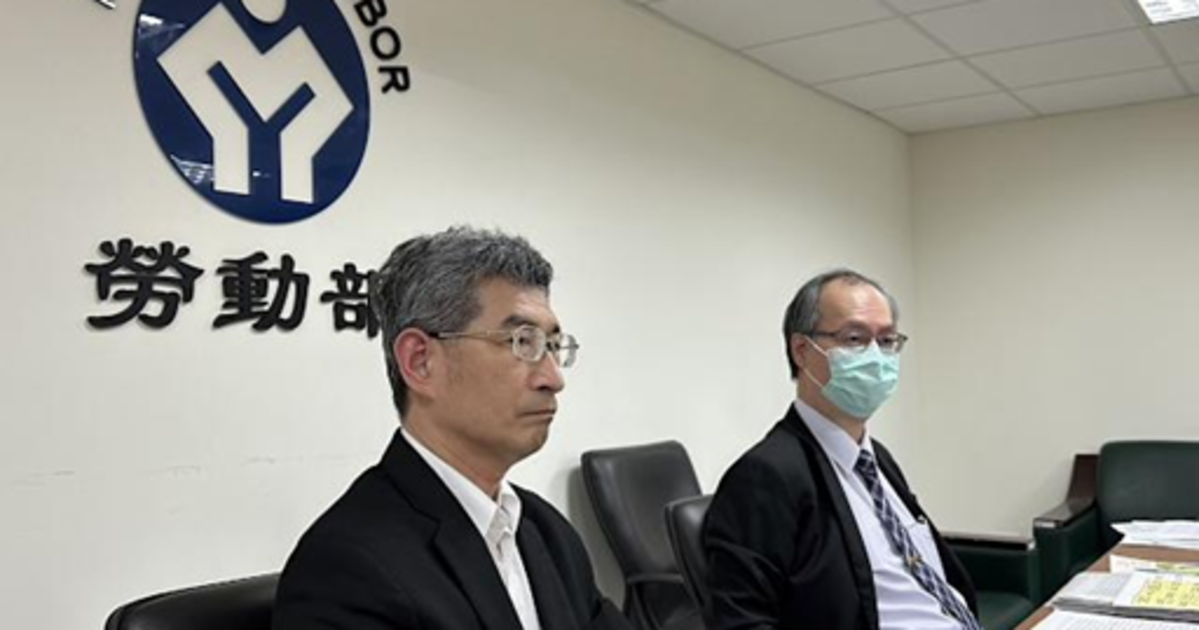(September 13, 2025 — Taipei, Taiwan) — The spread of internet use and the fast-paced growth of digital technology have brought greater convenience to workplace communication, but they have also opened new avenues for inappropriate conduct. The Ministry of Labor (MOL) reports that cases of online workplace sexual harassment are on the rise, urging employers to step up preventive measures.
According to figures from the MOL’s Workplace Sexual Harassment Case Reporting System, a total of 1,577 complaints were filed in 2014. Among these, 47 cases of online harassment occurred in the first half of the year, accounting for 2.9% of all reports. That number more than doubled to 109 cases, or 6.9%, in the second half, reflecting a growing trend in harassment through digital platforms.
The ministry explained that harassment often takes place via messaging apps or video conferencing, where employees may be subjected to unsolicited sexual advances, explicit text or audio, or indecent photos and videos. Even the display of sexually suggestive images or videos in the workplace—such as viewing adult content on an office computer—can create a hostile environment. More severe violations include secretly recording employees, coercing them to participate in indecent acts, or spreading sensitive personal information without consent. All such behavior falls under the scope of workplace sexual harassment as defined by Taiwan’s Gender Equality in Employment Act.
The MOL reminded employers that once a harassment case comes to light, they are legally obligated to act quickly and effectively. Measures include preventing repeat offenses, offering victims access to counseling or medical assistance, conducting thorough investigations, and imposing disciplinary action on perpetrators if claims are confirmed. Failure to comply may result in fines of up to NT$1 million, with the offending company and its responsible officials publicly named.
Officials also stressed that online harassment can cause deeper, long-term harm, since digital content can be easily spread and difficult to erase. Victims not only suffer immediate distress but may also face lasting reputational and emotional damage. Employers are therefore encouraged to strengthen workplace education, train employees to recognize and respond to harassment, and establish strong internal reporting and investigation mechanisms.
To support companies, the MOL has published the Guidebook for Handling Complaints of Sexual Harassment in the Workplace, which outlines practical steps for prevention and response. Additional information and resources are available through the MOL’s Employment Equality website or by contacting the 1955 labor hotline.



